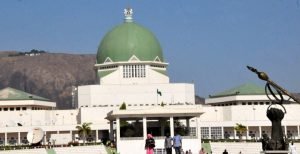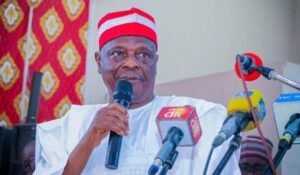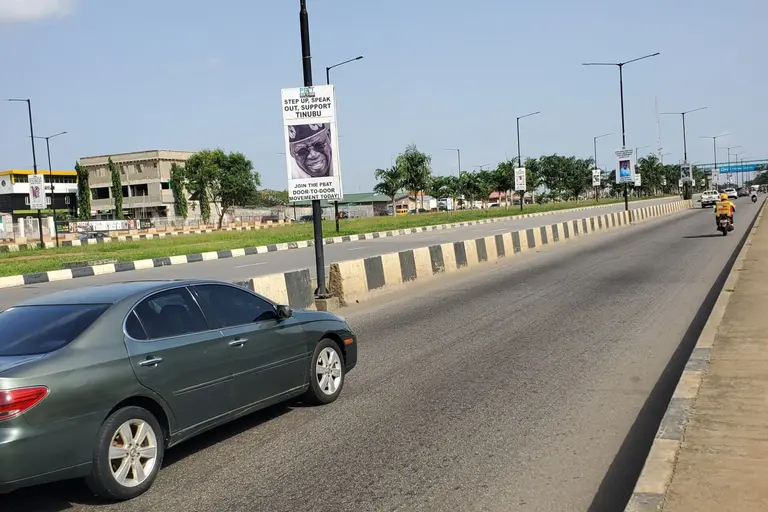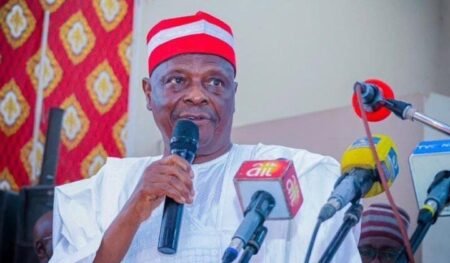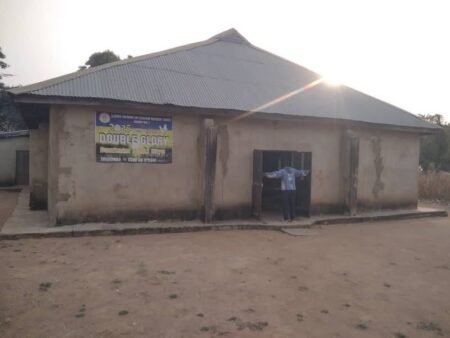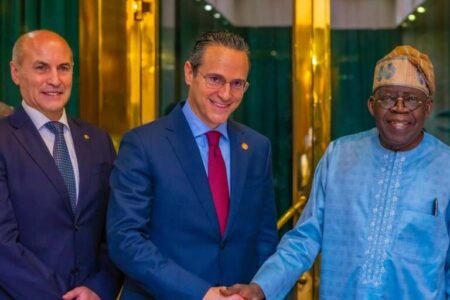Political observers and stakeholders have criticised the Independent National Electoral Commission (INEC) for failing to control Nigeria’s political parties, accusing the body of weakness and poor enforcement of electoral laws.
During a recent roundtable in Abuja, INEC admitted that loopholes in the Electoral Act limit its power to punish early campaigns, which are already dominating billboards and social media across the country.
Outgone INEC Chairman Mahmood Yakubu said Section 94 of the 2022 Act only sanctions campaigns held less than 24 hours before an election, leaving no penalties for premature campaigns. The situation, he said, emboldens politicians, especially the ruling party, to act with impunity.
Observers cite the wave of 2027 campaign materials featuring President Bola Tinubu as a clear violation. Despite denials from the Presidency, billboards reading “Grassroots Support for Tinubu 2027” and “Tinubu Continuity 2027” remain across major cities.
Former INEC boss Prof. Attahiru Jega urged the creation of an Election Offences Commission to impose strict penalties on both candidates and third-party promoters. He called for financial scrutiny of all campaign-related spending to ensure accountability.
Civil society leader Ene Obi described Nigeria’s problem as a “failure to obey laws,” urging INEC to assert its authority or risk total loss of public trust. “If INEC says it cannot enforce the law, who will?” she asked.
Similarly, Obidient Movement Coordinator Yunusa Tanko accused the ruling party of already campaigning in violation of the law, demanding tougher sanctions.
Meanwhile, the National Assembly is considering shifting the 2027 general elections to late 2026 under a new Electoral Act Amendment Bill. Lawmakers and stakeholders say the reforms are crucial to restoring integrity to Nigeria’s electoral system.
